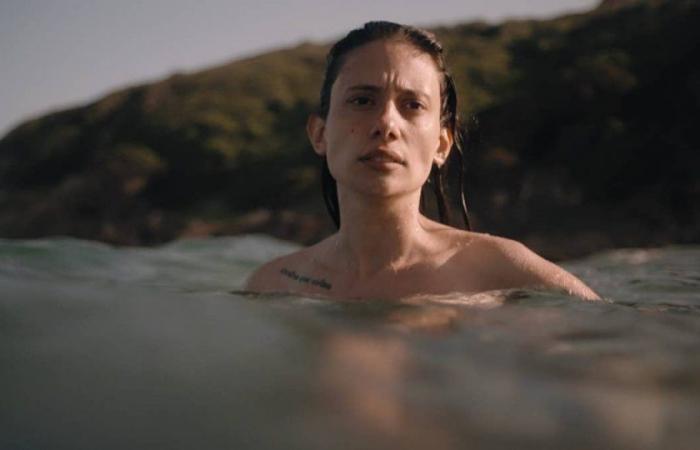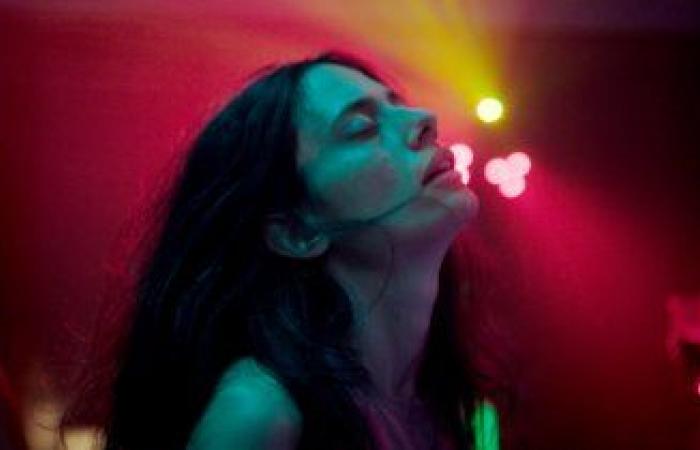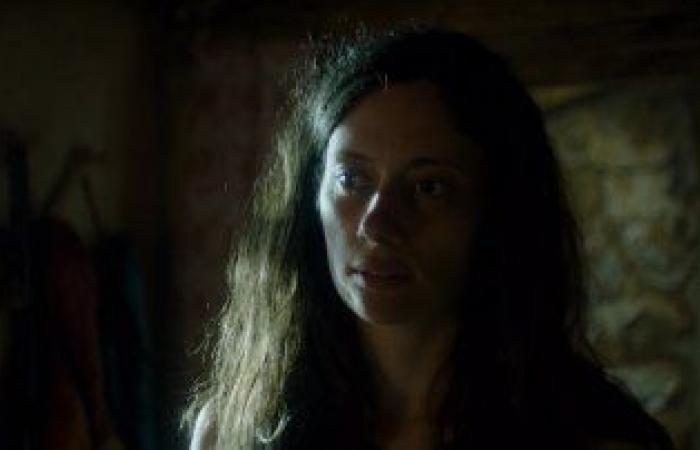Anna it is harsh, sensual and wild just like its land, the Sardinia. That land that defends from the greed of capitalism by fighting like a warrior in the film Marco Amenta. The director, who is not Sardinian, managed to perfectly capture the essence of the island and its inhabitants thanks to a long stay on site and careful preparation, managing to outline a character that recalls the uncompromising figures that populate the cinema of Bonifacio Angius (yes, he is a real Sardinian).
Anna runs the farm inherited from her father, producing milk and cheese from the goats she raises. Free and unscrupulous, the woman hides a past painful of which he still bears the scars. What disturbs his solitude is the sudden appearance of bulldozers and workers. Anna’s property is threatened by a holding company that wants to build a luxury resort near the coast, erasing her small farm forever. With the help of a lawyer friend, Anna decides to fight and, although she lacks the necessary documentation, she searches for evidence that will help her demonstrate ownership of the land on which the resort should be built.
Based on a true story
As in the case of The rebellious Sicilian, Anna’s story is also partly inspired by a true news story. And the realism seems to fascinate Marco Amenta more than fiction, pushing him to tell strong, visceral stories, which mix in equal measure fascination towards the characters and drive towards a civil cinema of denunciation, ready to take the side of the weakest. In reality Anna is not weak at all, or rather, she is a woman who had to build an armor for herself protect yourself from human attacks. Anna fights against a patriarchal society in which the woman who does not have a man at her side, be it a husband or father, is “invisible” or is a no-good.

Anna leads a double battle, legal and moral. Legal against the building society that wants to exploit his land, the land of his ancestors, to profit from it; morality against the right-thinking people who more or less tacitly condemn her for the lifestyle she leads. If society seems to repudiate Anna, Marco Amenta portrays her in perfect harmony with the nature that surrounds her. In fact, we see her running along the dusty and sunny paths, immersing herself in the crystal clear waters of the bay or grooming the goats from which she draws her subsistence. Protecting the earth from the rape of cranes and concrete, for Anna means protecting herself from the assault of men who would like to cage her vibrant erotic energy.
An all-encompassing portrait

Of course, a film like Anna couldn’t work without a suitable protagonist. Marco Amenta bet on Rose Aste, a semi-rookie with a fair amount of theatrical experience behind her. There edgy beauty, the long black hair, the grim look, Aste perfectly embodies the suffering and fragility of his character, maintaining a note of mystery about thoughts and behaviors. The director’s choice is also a winning one have the actors act in Sardinian preserving a neorealist approach to the subject matter treated in a film that favors images over words.

In Anna, the fascination towards the protagonist is all-encompassing. Rose Aste is constantly at center stage. The lens glues itself to her and follows her while she, wild and sensual, dances in the disco, she hides with a stranger or governs her goats. Between angry shouts and stubborn silences, the portrait of a woman outside the canons, struggling to assert itself against everything and everyone, it prevails over the other ingredients. Consequently, the film is constructed in his image and likeness, with a chiaroscuro photography and a camera that constantly moves in an attempt to capture every fragment of his object of desire through long and disheveled sequence shots. The absence of an extradiegetic soundtrack reiterates the attempt to create a portrait in purity, freeing ourselves from frills and constructs to get a glimpse into Anna’s soul. All this even at the cost of sacrificing the screenplay, highlighting its limitations at times.
Conclusions
Harsh and wild like its protagonist, Anna is an intense female portrait that tells of a woman’s struggle against patriarchy and real estate speculation. Sparse and rough, she reaches the viewer’s heart, freeing herself from the trappings to tell the story of a strong and passionate female character. Inspired by a true news story, the film is enhanced by intense performances and a convincing style despite some limitations in the script.
Because we like it
- Courageous and powerful female portrait.
- In a visceral interpretation, Rose Aste is not afraid to bare herself to tell the story of a difficult woman.
- The style, the ingredients and the choice to have the actors act in Sardinian give life to a work with a neorealist flavour.
What’s wrong
- The fascination towards the protagonist monopolizes the story, limiting any possible narrative development.









